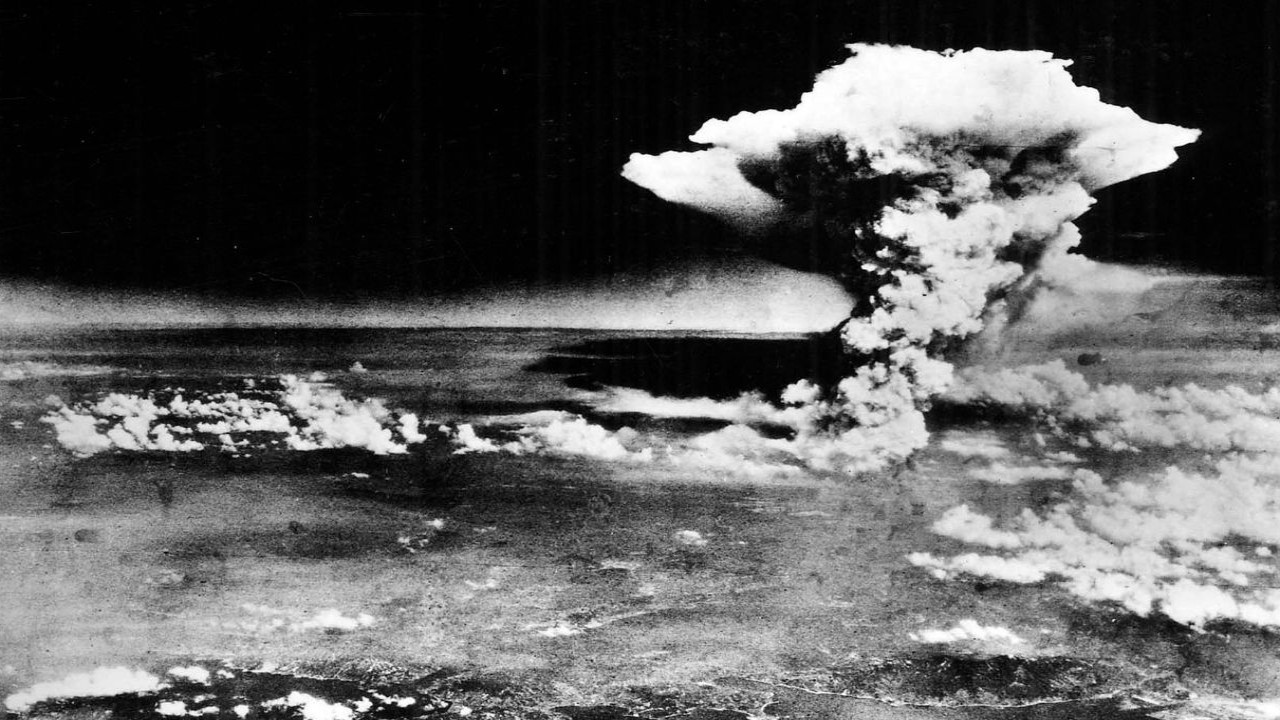Hiroshima Day 2024: Date, history, significance, and all you need to know
On August 6, 2024, people all over the world will commemorate Hiroshima Day, the tragic anniversary of the United States' atomic bombing of Hiroshima, Japan, during World War II.

-
Commemorated on August 6, marking the tragic anniversary of the atomic bombing
-
On August 6, 1945, an American B-29 bomber dropped Little Boy, the first deployed atomic bomb
Trigger Warning: This article contains references to the Hiroshima bombing.
Hiroshima Day, observed on August 6, 2024, honors the United States' devastating atomic bombing of Hiroshima, Japan, during World War II. On that day in 1945, an American B-29 bomber dropped the world's first atomic bomb, Little Boy, over Hiroshima as per History.com.
The explosion killed an estimated 80,000 people immediately, with tens of thousands more dying from radiation exposure and injuries in the months that followed. Hiroshima Day is an opportunity to reflect on the profound impact of nuclear weapons and renew our commitment to creating a world free of such devastating threats.
Hiroshima Day originated during World War II, which lasted from 1939 to 1945. Even before the war began, a group of American scientists, many of whom had fled fascist regimes in Europe, were concerned about nuclear weapons research being carried out in Nazi Germany.
In response, the United States government launched its own atomic weapons development program in 1940, later known as the Manhattan Project. J. Robert Oppenheimer led the project, which resulted in the successful test of an atomic bomb on July 16, 1945, in New Mexico.
Despite Germany's defeat in Europe by mid-1945, Japan refused to surrender in the Pacific. The Allied forces suffered significant casualties, and Japanese forces inflicted heavy losses on the Allies between April and July 1945. In order to avoid a lengthy and costly invasion, President Harry Truman decided to use atomic bombs against Japan, influenced by the belief that the bomb's devastating power would hasten the end of the war.
Hiroshima, a city of about 350,000 people, was designated as the first target. On August 6, 1945, Colonel Paul Tibbets piloted the B-29 bomber Enola Gay, which dropped the uranium-235 bomb Little Boy.
The bomb exploded 2,000 feet above the city, causing a blast equivalent to 12,000 to 15,000 tons of TNT. It destroyed five square miles of the city, causing both immediate and long-term devastation.
Despite the destruction, Japan did not surrender immediately. Three days later, on August 9, a second atomic bomb, called Fat Man, was dropped on Nagasaki, killing an estimated 40,000 people. The combined impact of the bombings prompted Japan's Emperor Hirohito to declare the country's unconditional surrender on August 15, 1945, citing the bombs' massive destructive power.
Hiroshima Day is observed annually in honor of the lives lost in the bombings and to consider the humanitarian consequences of nuclear warfare. It states the value of peace, disarmament, and international cooperation. The day is an important educational opportunity to raise awareness about the devastation caused by nuclear weapons and the need to work toward a world free of these threats.
Hiroshima Day will be marked in 2024 through ceremonies, peace marches, educational seminars, and memorial services. These events are intended to remember the victims, promote peace, and advocate for nuclear disarmament.
This year's theme will be “Together with the Hibakusha, let us achieve a nuclear weapon-free, peaceful, and just world—for the future of humankind and our planet.” The Hibakusha, the bombing survivors, continues to inspire global discussion about the ethical and moral implications of nuclear weapons, advocating for peace and conflict resolution.





 JOIN OUR WHATSAPP CHANNEL
JOIN OUR WHATSAPP CHANNEL






















































